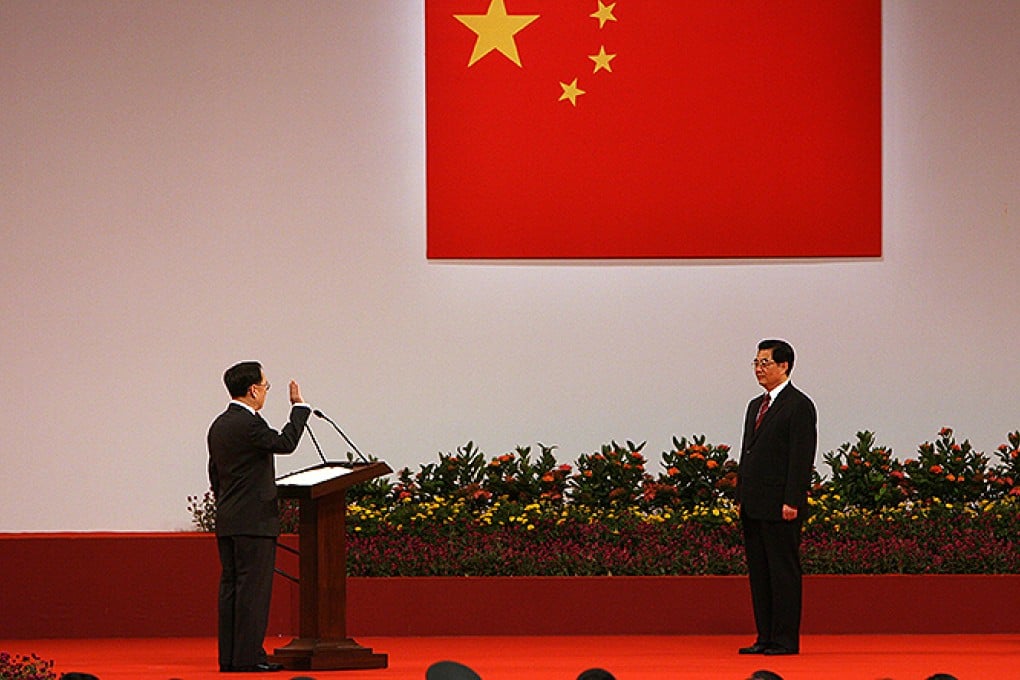Democracy in Hong Kong was never Britain's concern, pre and post 1997
Kerry Brown says its priority was always a dignified retreat, given the limited room for manoeuvre

The consultations on constitutional reform in Hong Kong mark a moment of major decision-making in the special administrative region. The outcomes are still very unclear, but one thing is certain: Beijing's appetite for hearing British government wisdom on this issue is weak to non-existent.
This was made clear in the response to British minister Hugo Swire's piece in these pages last September. "There is no perfect model anywhere in the world," Swire wrote, "but the important thing is that the people of Hong Kong have a genuine choice to enable them to feel they have a real stake in the outcome."
The storm this created underlined the fact that while its ability to directly influence events in the city wanes by the day, Britain still has the ability to irritate Beijing when it speaks out on these issues.
Perhaps this is because Swire's comments are pervaded by the sense that not only does the British government have a right to an opinion about what happens in Hong Kong, but this right is somehow stronger and more legitimate than that of other stakeholders.
It is true that Britain obligated itself under the arrangements for the return of Hong Kong to Chinese sovereignty in 1997 to issue biannual reports for Parliament. But these have largely been low-key exercises, with hardly any public impact now.
Perhaps the time is right, therefore, to assess more precisely what the UK feels it did achieve in the years of negotiation prior to 1997, and see if that can give it any basis on which to lecture Hong Kong.
In an age in which the high art of diplomacy is being eroded by new forms of political interaction, and in which the Snowden revelations have laid bare the underwhelming technical detail of most diplomatic functions these days, the negotiations by a generation of Sinologists at the Foreign Office in London and Hong Kong are taken as some sort of golden age.
